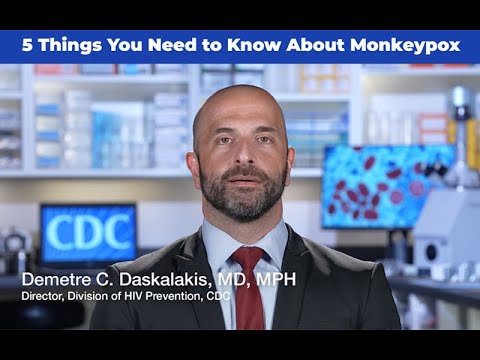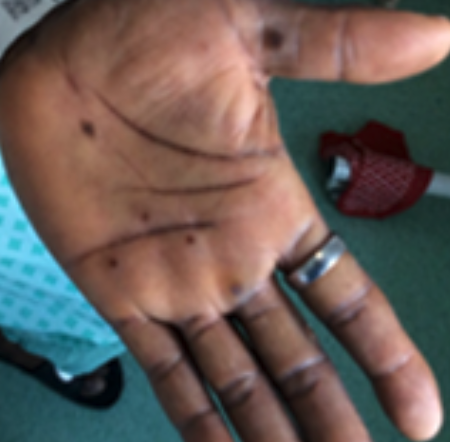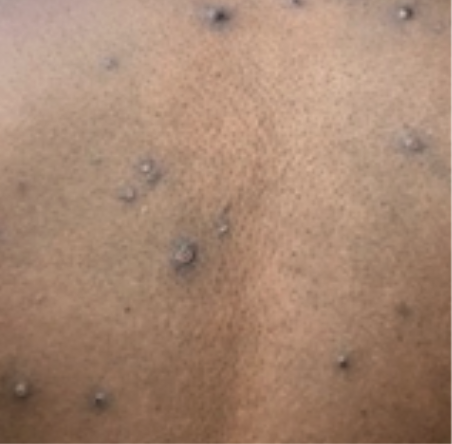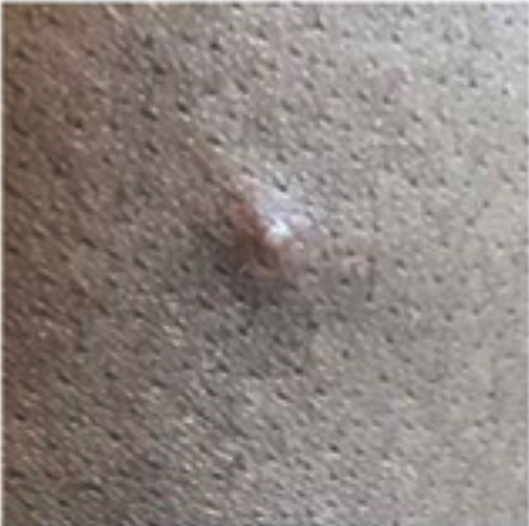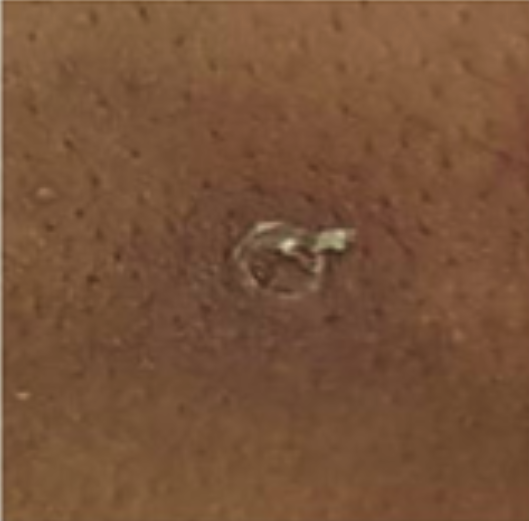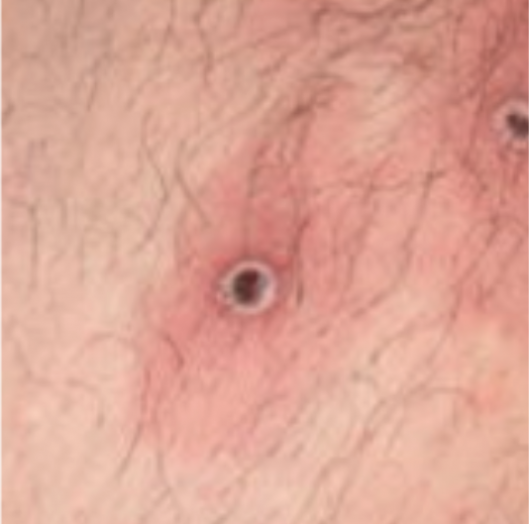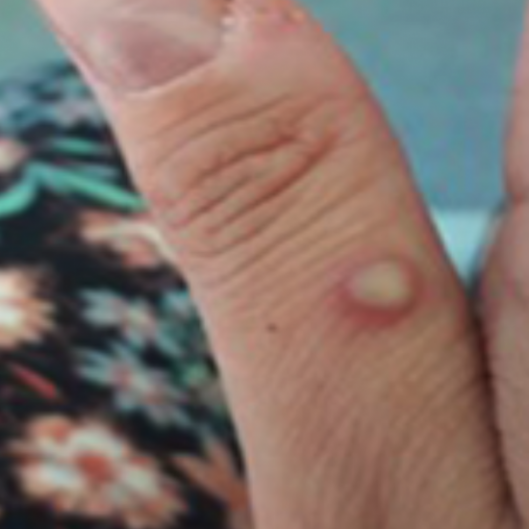What is Monkeypox?
Monkeypox is an illness caused by the monkeypox virus. Monkeypox can make you feel sick, with symptoms similar to the flu. It can also cause a rash, with bumps that look like pimples or blisters. Monkeypox can spread to anyone through close, personal, skin-to-skin contact.
Who is At Risk?
Scientists at the Centers for Disease Control and Prevention (CDC) are tracking multiple cases of monkeypox in the United States. Cases of Monkeypox HAVE been reported in Indiana.
Anyone can get monkeypox, but there has been a high rate of transmission among men who have sex with men. If you are a man who has sex with men, and particularly if you are living with HIV, you should familiarize yourself with the symptoms of monkeypox, and take precautions to prevent getting it.
If you think you may have passed monkeypox on to a partner, you can use TellYourPartner.org to send an anonymous text encouraging them to get tested.
Symptoms
Symptoms of monkeypox can include:
Fever
Headache
Muscle aches and backache
Swollen lymph nodes
Chills
Exhaustion
A rash that can look like pimples or blisters that appears on the face, inside the mouth, and on other parts of the body, like the hands, feet, chest, genitals, or anus.
The rash goes through different stages before healing completely. The illness typically lasts 2-4 weeks.
How to Protect Yourself
Taking the following precautions can help prevent getting monkeypox:
Avoid close, skin to skin contact with the monkeypox rash.
Do not touch the rash or scabs of person with monkeypox.
Do not kiss, hug, cuddle or have sex with someone with monkeypox.
Do not share eating utensils or cups.
Do not handle or touch the bedding, towels, or clothing of a sick person. Avoid sharing bedding, linens, or clothing with others.
Wash your hands often with soap and water or use an alcohol-based hand sanitizer, especially after contact with sick people.
A person who has been diagnosed with monkeypox should isolate at home. If the person has an active rash or other symptoms, they should isolate in a separate room from other family members and pets.
Treatments
There is no specific medication for the monkeypox virus, but drugs developed for smallpox may be used to treat monkeypox.
Antiviral medication may also be recommended for people with weakened immune systems, such as those living with HIV.
If you have symptoms of monkeypox, you should talk to your doctor, even if you don’t think you have had contact with someone who has monkeypox.
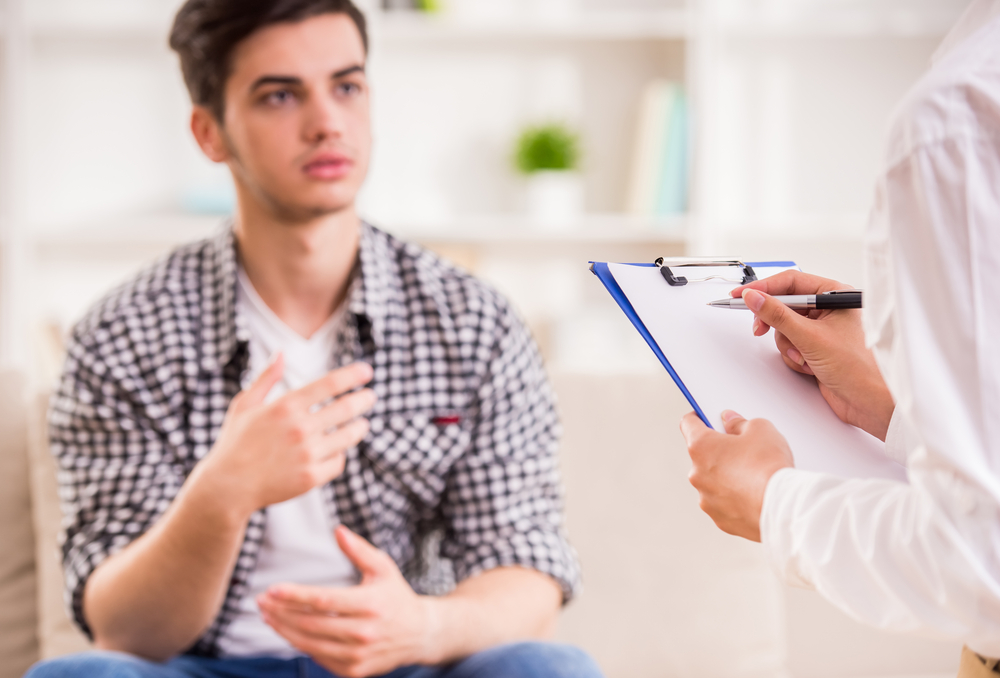
Vaccines
There are vaccines that prevent monkeypox,
but they are currently in limited supply in Indiana.
Anyone interested in vaccination should fill out this form.
Indianapolis
The Marion County Public Health Department is hosting Monkeypox Vaccination Clinics at:
Eagledale Clinic
2802 Lafayette Road, Suite 13
Indianapolis, IN 46222
The clinics will run from 2pm-6pm and patients can register on the links below:
People who get vaccinated should continue to take steps to protect themselves from infection by avoiding close,
skin-to-skin contact, including intimate contact, with someone who has monkeypox.

